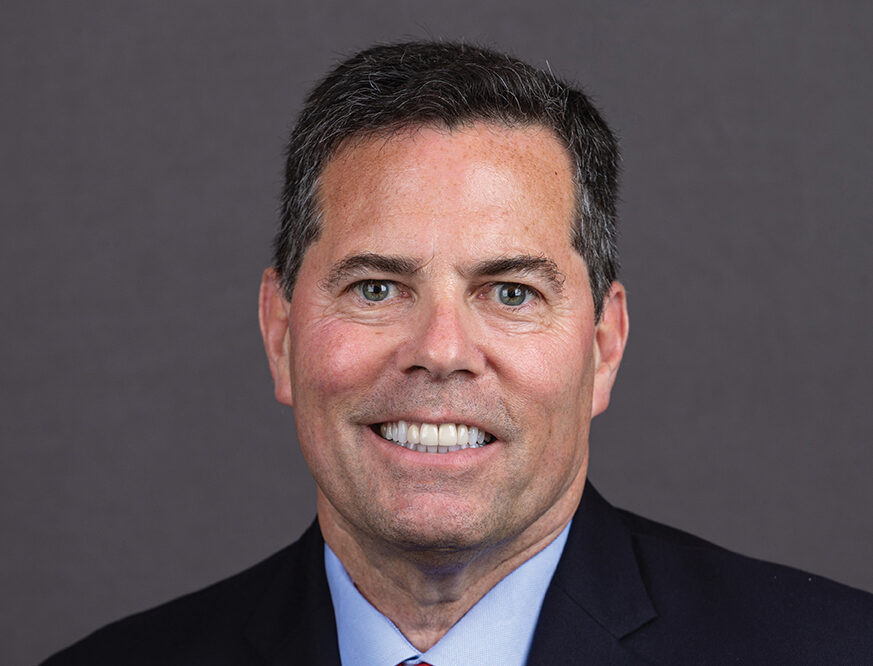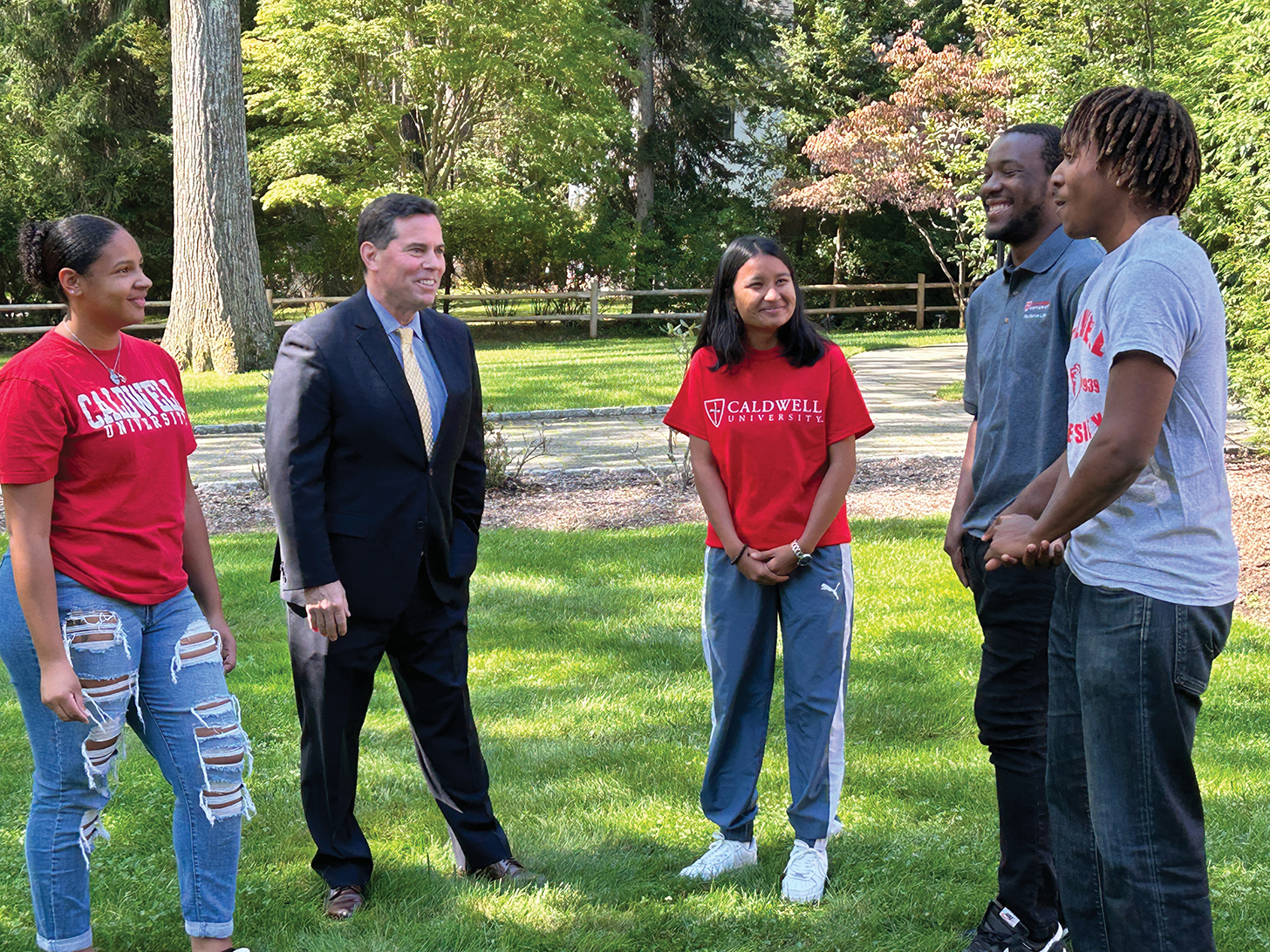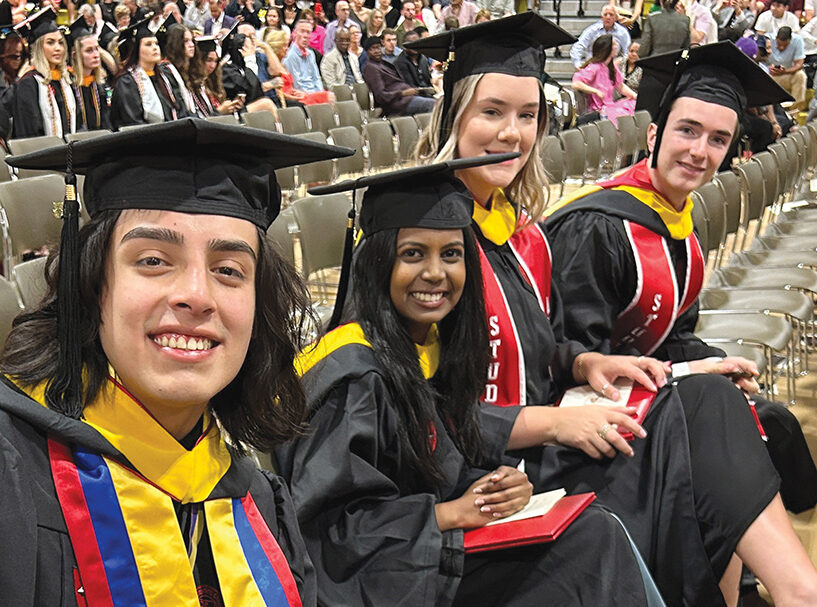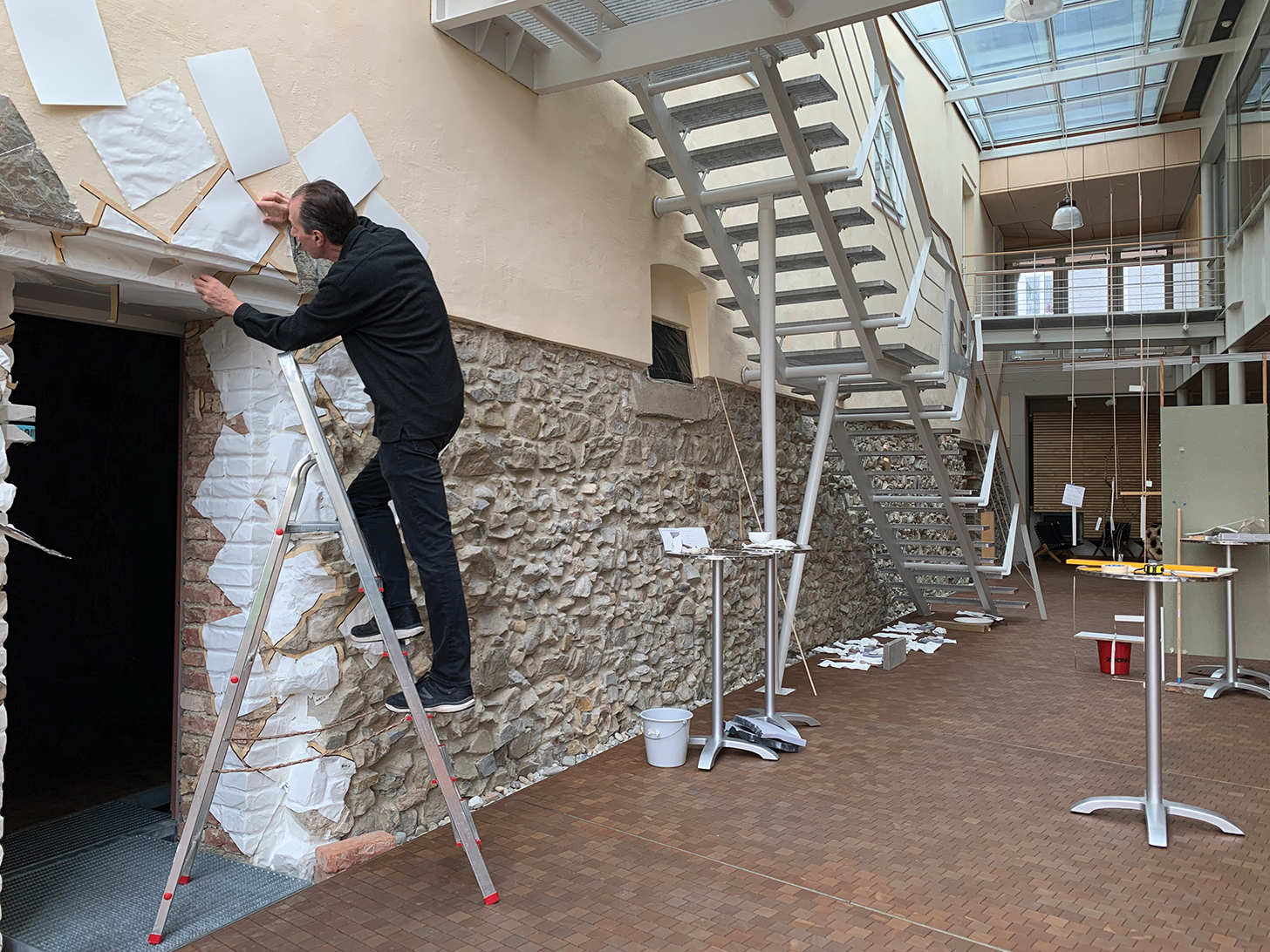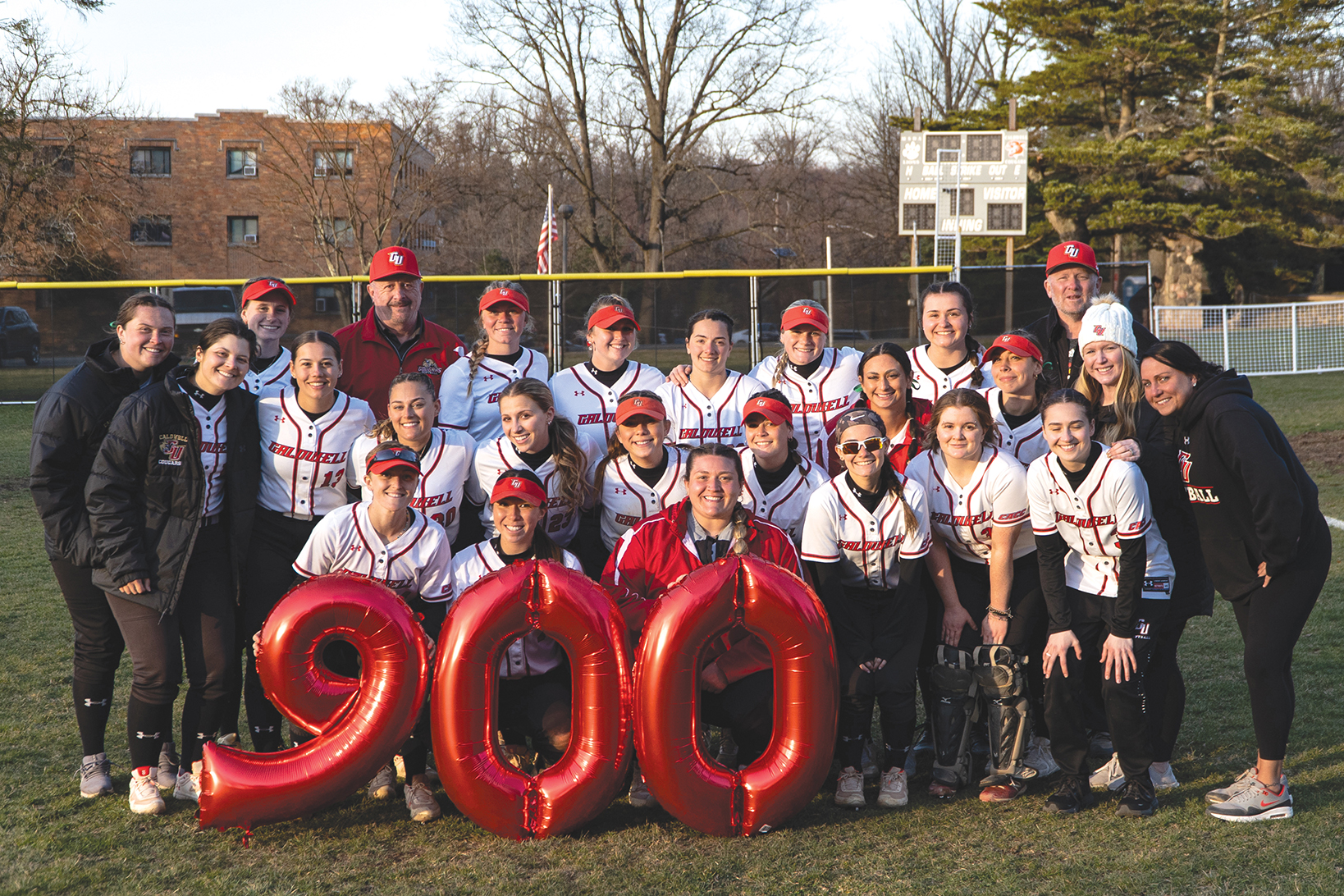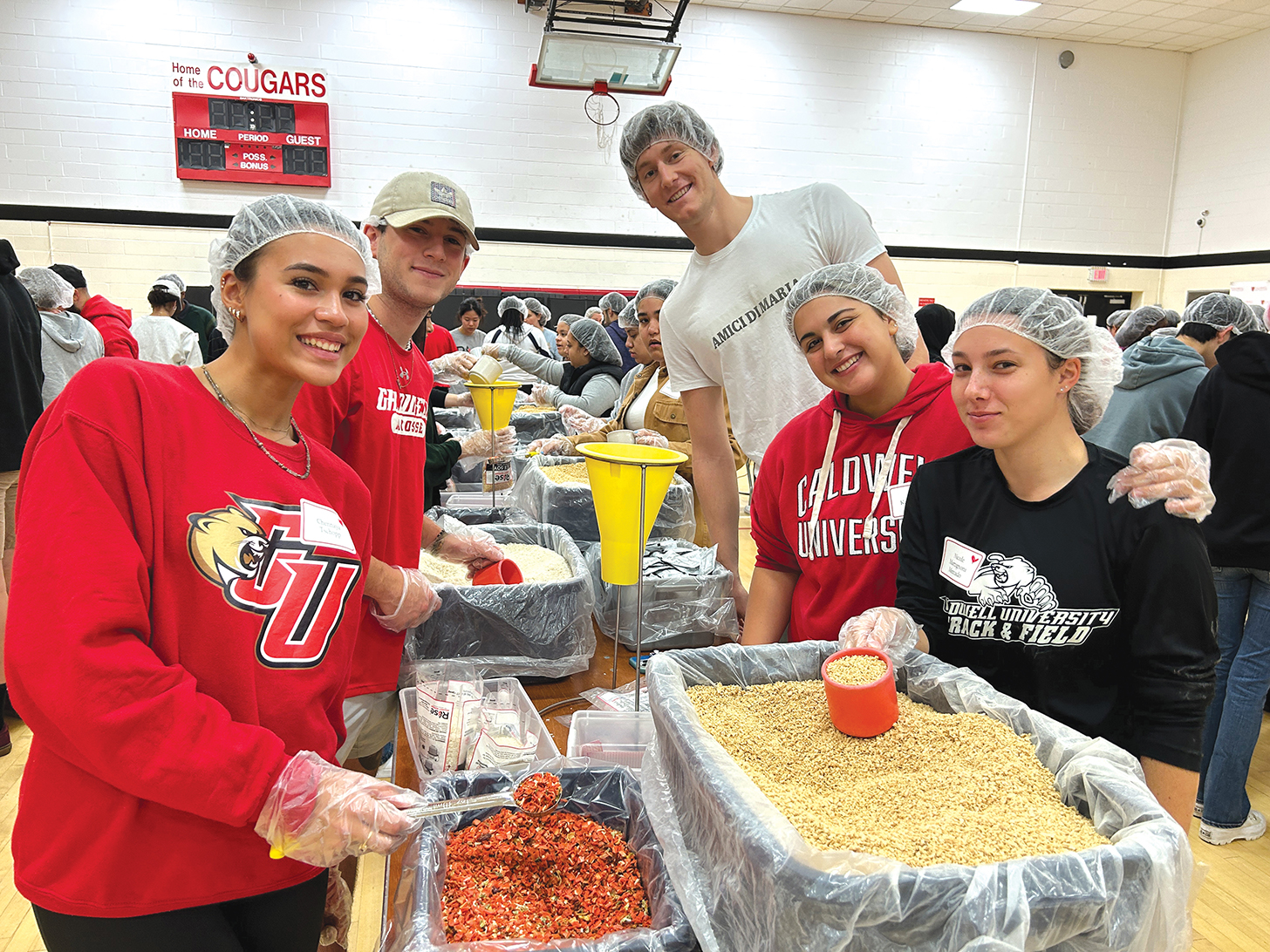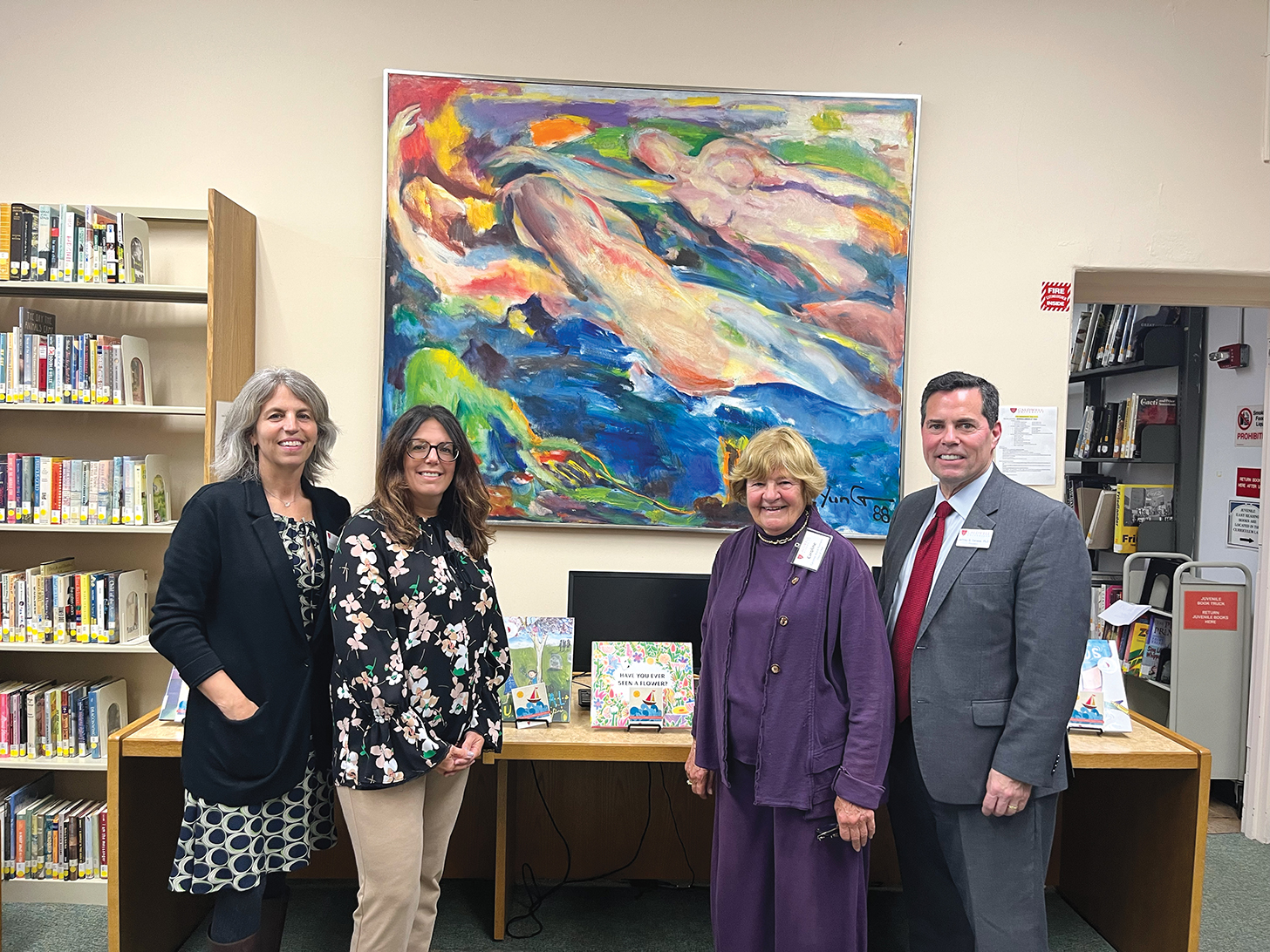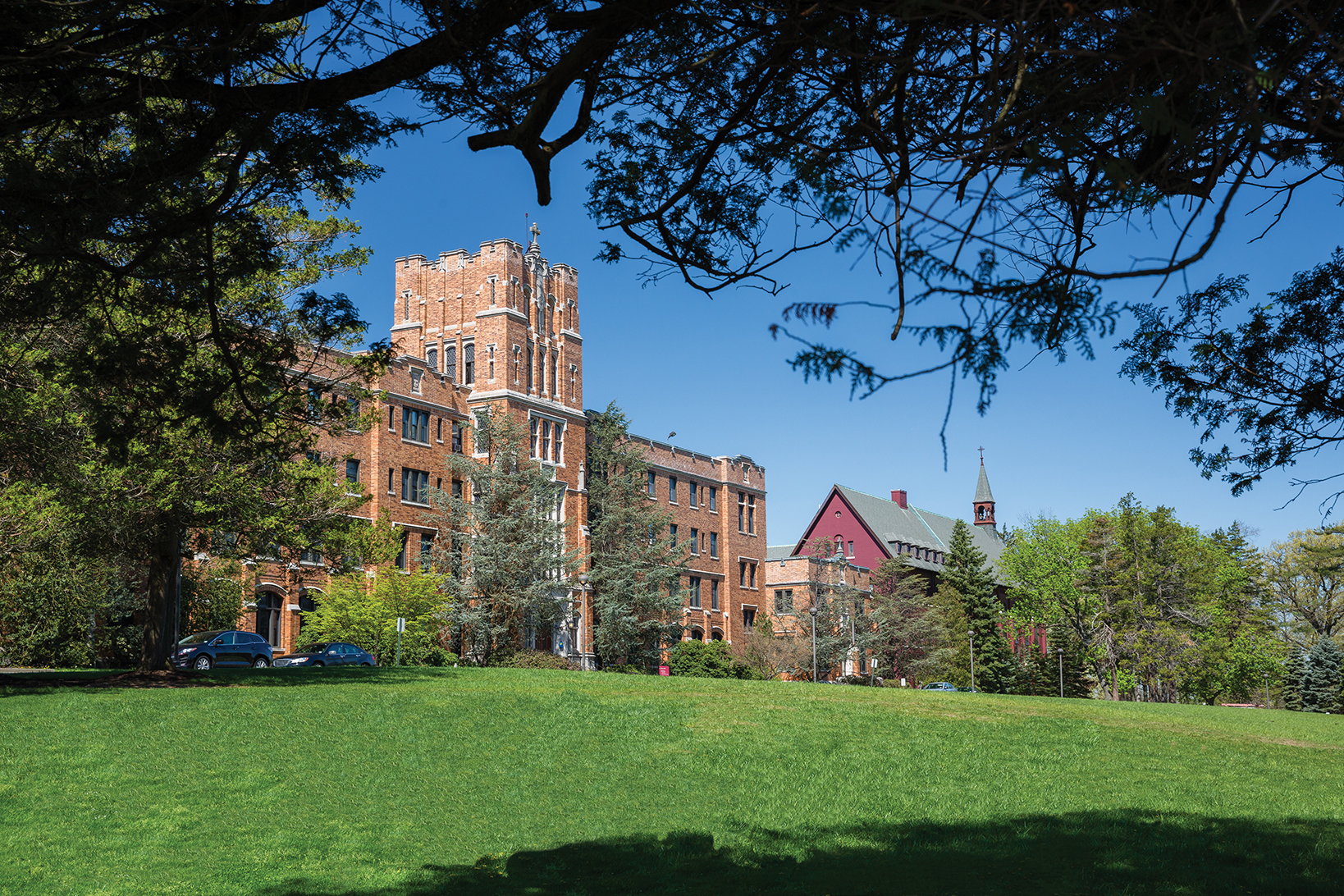Meet Jeffrey D. Senese, Ph.D.
Caldwell University’s 10th President
A new era began at Caldwell University on July 10, 2023, as Jeffrey D. Senese, Ph.D. joined the University community as our 10th president. Dr. Senese brings extensive higher education leadership experience, having served as president previously and as a provost and vice president for academic affairs at several institutions. President Senese was a faculty member at Indiana University South Bend and tenured faculty member at the University of Baltimore (where he taught for about a decade) and at Penn State. He has engaged in extensive nationally funded research and has been widely published.
Colette Liddy sat down with him for an interview.
WHY DID YOU CHOOSE TO COME TO CALDWELL UNIVERSITY?
I chose to come to Caldwell University for several reasons. I like and admire the values and charism of the Dominican Sisters of Caldwell. Their focus on education, peace and serving others is very attractive and admirable. Caldwell University’s location in the country is, quite frankly, attractive to me. I’m from the Northeast, and my wife and I wanted to come home. We wanted to be in a place where restaurants, food and culture were consistent with what we like to do. Not that I’m going to have a whole lot of time for that, but when we do take the time, we want it accessible. I wanted to join a more close-knit, intimate higher education community that is focused on the needs of students and where education for students makes a true difference in their lives.
I think the University has an interesting mix of liberal arts and professional programs—from an ACBSP (Accreditation Council for Business Schools and Programs) accredited business program to a CCNE (Commission on Collegiate Nursing Education) accredited nursing programs to counseling, art therapy and our ABA programs—and many other programs including criminal justice, history, music and education. Business, health care and related professional studies are the types of programs in the higher education marketplace that are in demand at present. For an institution of our size, the range of both liberal arts and professional programs helps to make Caldwell an attractive place.
The campus location itself is attractive; it’s got plenty of open space, old-growth trees and beautiful vistas. It is every bit as attractive as other campuses I have worked on, including in Florida, and it is in a very safe, cozy little town.
“I like and admire the values and charism of the Dominican Sisters of Caldwell.”
WHERE DID YOU GROW UP AND WHAT WAS YOUR SCHOOLING?
I grew up in Kingston, Pennsylvania, in the Wilkes Barre-Scranton area. I went to Wyoming Valley West High School where I was captain of the wrestling team and a two-miler on the track team. I’m one of seven kids, and my father owned a small construction business. He would occasionally build houses, but he mostly did renovations and built furniture. I worked for him throughout high school and beyond. I also worked in restaurants, starting as a dishwasher and then moving to become a cook. One of my friends and I leased a restaurant at the Jersey Shore (in South Jersey), and I paid for college in part by working in the summers cooking breakfast and lunch. The nice thing about that work, beyond loving the fast pace of it, is that I still know how to cook, and in fact my wife prefers it when I cook! During college and some of my graduate school work, I made enough money to live at the shore and pay for much of my college as an undergraduate. I stopped cooking when I was awarded an academic fellowship during my graduate work, and that fortunately paid for school. While I certainly missed the summers at the shore after that, because it was more fun than spending all my time in the library or a computer lab as a research fellow for faculty, the trade-off was worth it.
BEFORE YOU ARRIVED AT CALDWELL, YOU SAID YOU SAW THAT THE UNIVERSITY HAS AMAZING POTENTIAL. WHAT IS THE POTENTIAL YOU SEE?
I think the University’s potential has a few areas that are particularly special. First, our international student population is great at a place like Caldwell, given we have solid footing in a couple of countries. Our proximity to New York City gives us huge potential over other universities seeking international enrollments since many international students know of it. The benefit for Caldwell in recruiting students from outside the country is that our learning community is enhanced by different cultures, ideas and societies.
Second, there is potential for the University to grow. We are just a bit smaller than we had been prior to the pandemic. We can grow, given facilities, our beautiful location, and programs, to just a bit larger than our historic highest enrollment. That said, I don’t think the future for Caldwell on campus is really going to get too much larger than about 2,500 students—which also depends on online, transfer and graduate student enrollments. Our location in Essex County and in Caldwell is really wonderful, and we need to let more of the community know how nice it is here. We should partner more with government entities, other universities and colleges and businesses in the area.
Third, we have the potential to continue to create a special campus experience for students. For the University, the campus experience still matters a great deal. Faculty here are teacher-scholars and are very focused on helping students achieve their academic goals. There are plenty of students and families out there that still want that deep on-campus experience, a strong learning community and personal attention that we provide. Everything should not be online—although clearly online tools and technologies that can improve learning outcomes should be ubiquitous.
While some adult students want the convenience of online, that too is not the only solution to their educational needs. Caldwell can do online because we’ve got faculty who are great teachers and who can bring the content alive. That is a potential, and I think we have to focus on becoming distinctive through building understanding of our exceptional program niches rather than trying to be best at everything.
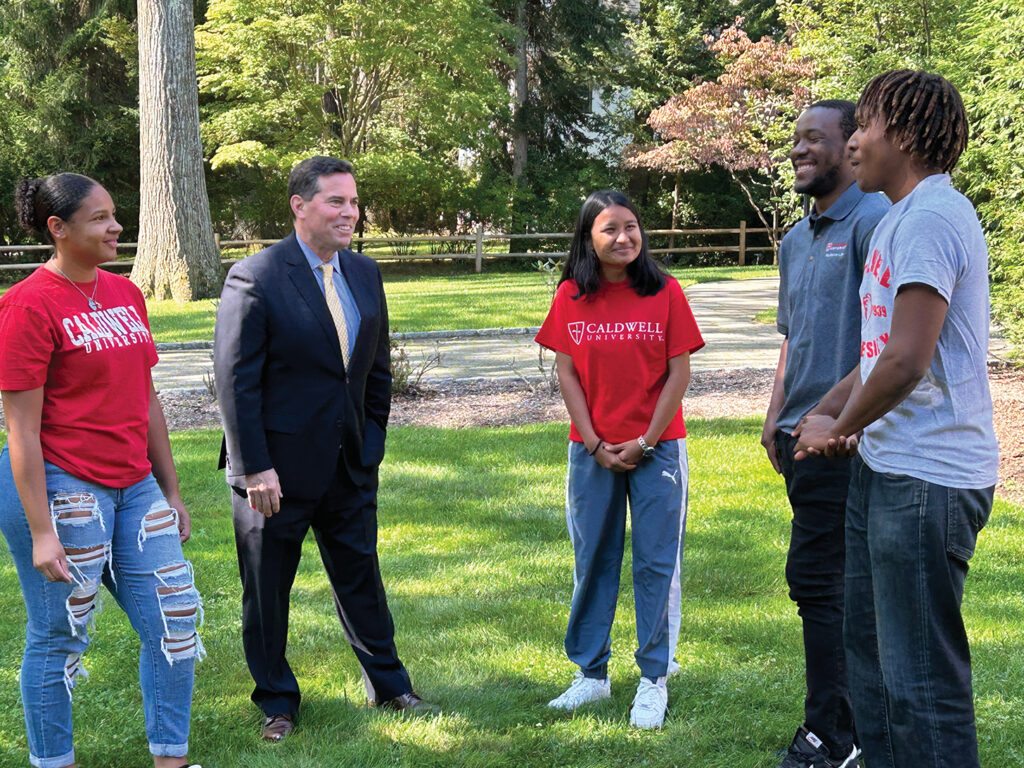
HOW ABOUT ACADEMIC PROGRAMS?
Programmatically, the health sciences present additional opportunities. We are solidly and consistently excellent in nursing; that’s the biggest health science field nationally and there is significant demand there. There are other fields as well that we might consider. For example, athletic training has moved to a master’s degree requirement for licensure nationally. We have athletic teams and hence the practical laboratory to do a great job at such a program. We have a physical location where that kind of program would be attractive, so we can be thinking about health sciences in a bit broader way. Caldwell is certainly a place that should think about nurse practitioners and even perhaps physical therapy, occupational therapy and, in the long term, possibly physician assistants. Over the long term, building out those first professional health care programs makes sense for us. Social work may also make sense. It fits very nicely with our counseling group of programs. On the business side, thinking more deeply about analytics programs and computer sciences, perhaps even cybersecurity. I think there is potential there. The Bloomberg Capital Markets Lab and the finance focus we have in place give us advantages. We need to continue to develop that and invest in it. Thinking about analytics and how that will develop over time is an important focus as well. Additionally, because we have a computer science program, other related disciplines like software design and cybersecurity may be possible, and we’re already in the midst of expansion of our artificial intelligence program capabilities.
It might also be good if we continued to think about the liberal arts in an even broader way. I tell people that the term “liberal” and “arts” means something other than what might come to mind when one sees those terms. That is, “liberal” is not a political ideology in this sense; it simply means an open consideration of many viewpoints, ideas and strategies. Similarly, “arts” in “liberal arts” means education from many different fields. For example, science is a traditional liberal art, as is math, and so on. I think about liberal arts in a way where we can help people understand the lifelong career advantages of such an education and especially when paired with a professional program. People who have English degrees, journalism degrees or, for that matter, criminal justice degrees—which are liberal arts degrees— can enter many different fields. I’m a university president and I have a liberal arts degree, and many presidents do.
The liberal arts add a broad level of capabilities and understandings for students, from the ability to solve problems to thinking critically and developing communication skills to bring people together. The solution to the changeable and unpredictable future is more foundational learning that can be found in the liberal arts. The liberal arts should have opportunities for students to engage in application. Scholarship or research is an example of a liberal arts application. I think for Caldwell, the potential may exist for us to consider the next stage of liberal arts for our students. We can consider how we will capitalize on what the liberal arts accomplish for our students and how it might accommodate a career-minded focus. I think we have an opportunity to lead by saying “The liberal arts are important and relevant, and we are ready to demonstrate that importance in practical ways.” We have the opportunity, in my opinion, to add additional experiential application components in whatever way the faculty think makes the most sense to our liberal arts courses.
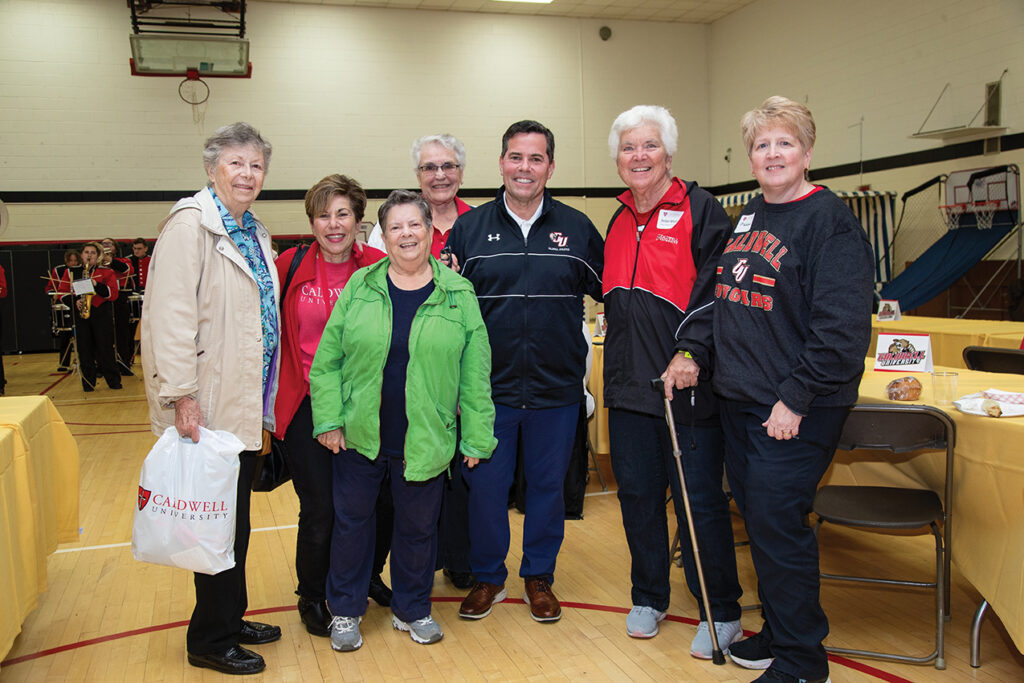
WHAT WOULD BE YOUR INVITATION TO STUDENTS THIS YEAR?
I am used to routine and serendipitous meetings with students. These contacts occur everywhere, from meetings with the Student Government Association, to nursing students, to the marketing club, to resident assistants and orientation leaders, to athletes and many other groups of students. I look forward to saying hello wherever I am with students, including a selfie, although I will ask for them to take a selfie for me as well. Recently while at the volleyball game, a group of students sat with me and we were discussing the game and the University. That is exactly what I am used to experiencing with students. Anytime I am on campus and available, I love to engage students. I am working with the vice presidents to build a few student presidential advisory groups to help me understand the needs and desires of students. I can guarantee students that they will see my wife Alicia and me, if I’m not traveling, at every sporting context, event and musical production I can attend.
ARE YOU ACTIVE ON SOCIAL MEDIA? WHAT DO YOU THINK ABOUT THE @CALDWELLPREZ INSTAGRAM ACCOUNT?
I ask students where they communicate on social media. They keep telling me to stay on Instagram, so that is what I’m doing. I currently have just under 30,000 followers on LinkedIn. For example, when I recently posted a picture of Vice President for Administration and Operations Sheila O’Rourke and me in one of our boiler rooms with a note about why I was doing a deep-dive campus tour, I had more than 7,500 people view that post. That helps the University in getting the Caldwell name out there, and that’s how I should use social media, to get people to put their views on the University. Some students have been encouraging me to post on TikTok, and while I personally have been viewing the site, I have not been posting there. I am open to improving my social media presence to help communications at the University and to communicate with students.
YOUR INVITATION TO ALUMNI AND THE COMMUNITY?
Please reach out. I have met with the Alumni Association. I am looking forward to meeting as many alumni over the years as possible, so please do not hesitate to reach out to me. Come to events on campus and introduce yourself. I have attended a few alumni gatherings already, and I am looking forward to a few more that are scheduled. Please help the Development and Alumni Affairs team and me with developing relationships for the University.
HOW CAN ALUMNI HELP US WITH RECRUITMENT?
That is another opportunity. Every institution I have been with was outside of the state of New Jersey. I have never worked at a New Jersey institution. At my former institutions we came to New Jersey to recruit students. New Jersey is the No. 1 export state for college students in the country because the students are excellent and the families can afford to send their students to another state. I believe Caldwell can help keep some of our New Jersey students here with their families and in the business communities, ultimately helping the communities from which they come. It would be great if alumni could help the University, from promoting the advantages of a Caldwell education to providing internships and mentoring.
“I am looking forward to meeting as many alumni over the years as possible, so please do not hesitate to reach out to me”
WHY DO WE HAVE CATHOLIC COLLEGES AND UNIVERSITIES?
The addition of the value systems, charisms and missions is a key and distinctive advantage of Catholic colleges and universities. Think about a secular institution that does great work, impressive research and groundbreaking stuff. That’s all good. But it can be, in my humble opinion, a bit more shallow without the conviction of values, without saying “The Sisters’ charism is focused on environmental, economic issues, peace” and so forth. Catholic values are largely focused on serving others and serving people who are less fortunate or different. This is a key need in the world today, and Catholic universities educate people with that world view and action orientation. A Catholic education is not only about content and research. That’s all good, and we are an academic institution at our core, and we are Catholic at our core. When thinking about Caldwell’s core values of respect, integrity, community and excellence, it is easy to see them as important human values. Given what is going on in the world, we should be more embracing of each other. We should strive for understanding and not difference. We are citizens of our community, state and country. Catholicism, our value system and our faith encourage us to do all those things, and that is the value additive layer that is here that is not at many institutions. That is the advantage of a Catholic institution.
ANYTHING ELSE?
I am thrilled to be here, as is my wife Alicia. I’ve already had interactions with the business community, members of the Legislature, alumni, donors, friends and, of course, the campus community. I look forward to working hard and doing good for Caldwell University. 🟥
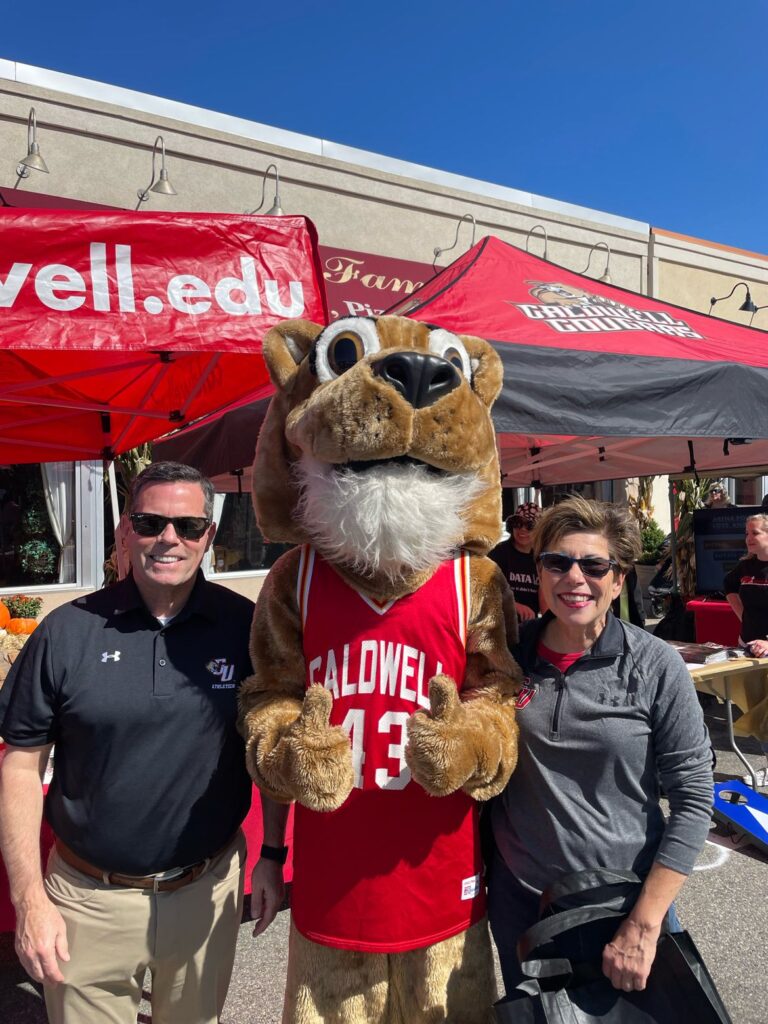
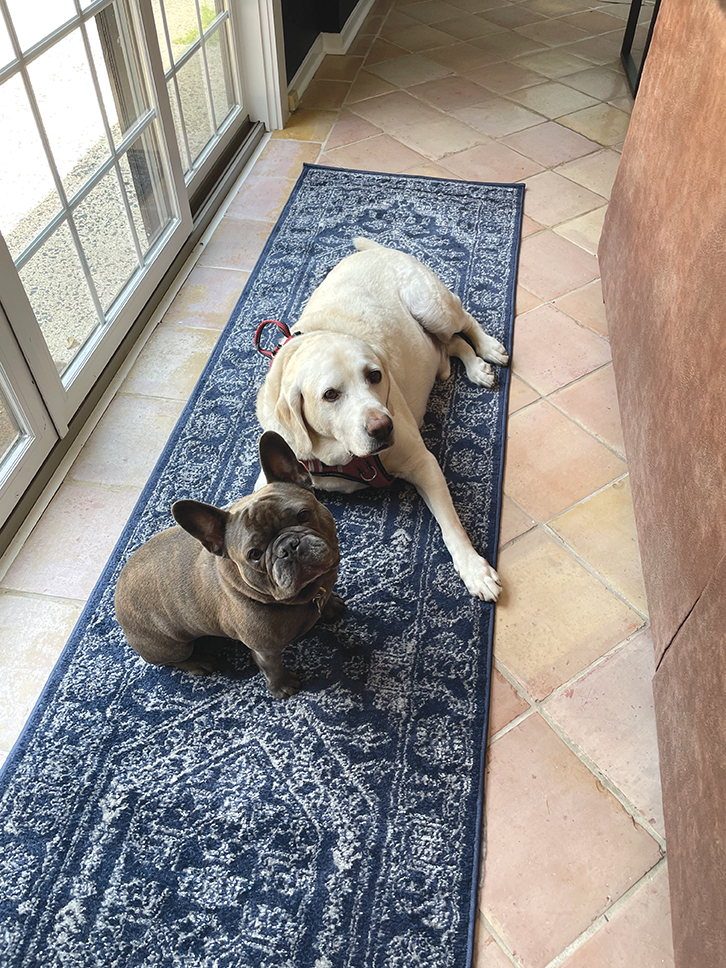
MEET MRS. ALICIA SENESE
“I like how vibrant it is. I like seeing all the cultures together,” said Alicia Senese about the Caldwell University campus. The spouse of Caldwell’s 10th President, Jeff Senese, Ph.D., and I met on a beautiful sunny morning early in the semester as she was in between unpacking boxes. She and Dr. Senese had enjoyed dinner in the Student Center dining hall the night before and attended a Cougar volleyball match. “Jeff and I love going to sporting events. When the kids were younger, we would bring them,” she said of their times with their son and daughter when Dr. Senese was working at other universities.
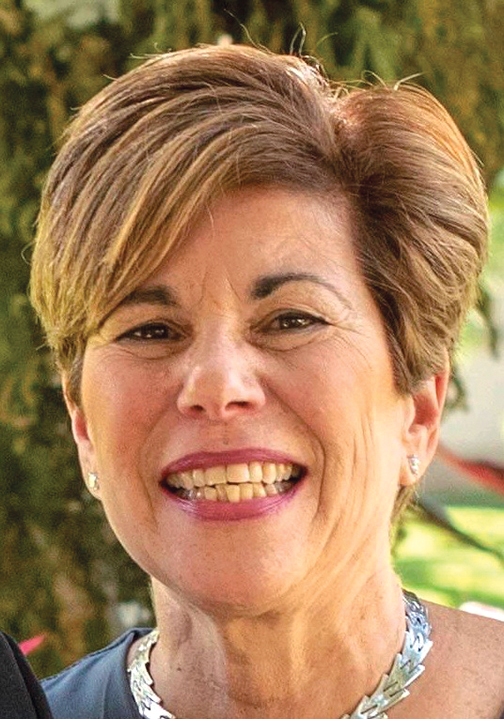
Mrs. Senese is excited about becoming part of the Caldwell campus community. A first-generation college graduate herself, she knows the value of quality higher education. She trained as an X-ray technician and earned her associate’s degree at Gwynedd Mercy University and then her bachelor’s degree at Philadelphia University, which is now part of Jefferson University. For more than 30 years she worked in radiology oncology at the Hospital of the University of Pennsylvania. It is a tough field, Mrs. Senese said, but there were many rewarding moments, like when she saw families support cancer patients at vulnerable stages in their lives.
“A Philly girl,” Mrs. Senese grew up in south Philadelphia and went to Catholic schools—St. Monica’s for grammar school and then St. Maria Goretti High School. That foundation inspired her appreciation and awe for the dedicated men and women religious who have served at Catholic schools. “We had the Immaculata Sisters,” she said of her high school. Later, she and Dr. Senese came to know and value the charisms of the Sisters of St. Francis of Assisi at Cardinal Stritch University, the Benedictine monks and sisters at St. Leo University and now the Sisters of St. Dominic of Caldwell, whose company she has already enjoyed at events.
Growing up with a father who worked for United Airlines for 40 years, Mrs. Senese was able to travel often. “When I met Jeff, he was a traveler.” They have taken excursions off the beaten path, appreciate new adventures and learning about new cultures and have exposed their children to the world as well. Last year the family went on an African safari.
Two other members of the Senese family are happy to have joined the Caldwell community: Enzo, their 10-year-old English lab, and Norman, the younger Frenchy. “They both love people. Enzo is a people person. Norman is a little character. They’ve already become Cougars and you will see them walking around the campus,” Mrs. Senese said.
Asked about the Dr. Senese we do not know yet, she quickly responded, “He is always running, always going, always thinking. He is always there for the students. He wants to help them move forward.”
Alicia Senese certainly shares that sentiment. “We like the fast pace of university life. We are looking forward to good things to come.” 🟥
— Colette Liddy


